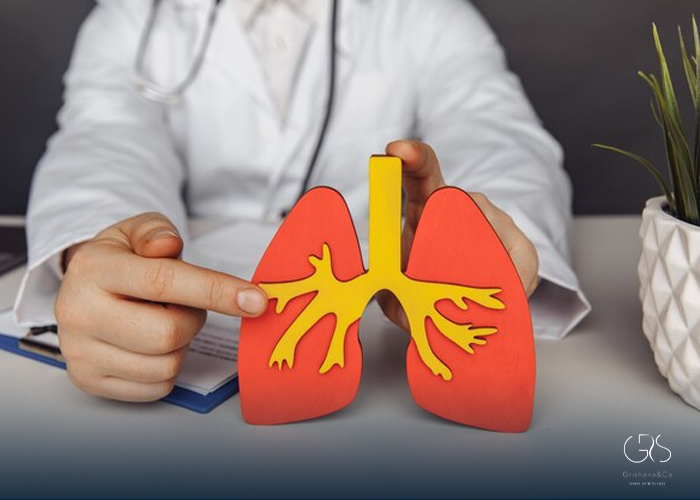Lung cancer is a complex disease that affects both smokers and non-smokers, prompting worldwide attention due to its high mortality rates. This article will explore the causes, statistics, and diverse perspectives on lung cancer in order to provide a comprehensive understanding of this global health concern.
Causes of Lung Cancer:
The primary cause of lung cancer is cigarette smoking, with approximately 85% of cases attributed to this habit. However, non-smokers can also develop lung cancer due to exposure to secondhand smoke, radon gas, air pollution, and exposure to certain workplace chemicals such as asbestos and diesel exhaust fumes. Genetic factors and family history also play a role in some cases.

Statistics:
Lung cancer ranks as the leading cause of cancer-related deaths worldwide, with an estimated 1.8 million deaths in 2020. The World Health Organization (WHO) reports that more than 2.2 million new cases were diagnosed in 2020, making it the most commonly diagnosed cancer globally. The majority of cases occur in low- and middle-income countries, with a higher prevalence among males.
It is essential to acknowledge the impact of gender and socio-economic factors. For example, women who smoke are at a higher risk of developing lung cancer compared to men. Additionally, disparities in access to healthcare and diagnosis rates contribute to different perspectives on lung cancer among various socioeconomic groups.
Diverse Perspectives:
Medical Perspective: The medical community emphasizes the importance of preventive measures, early detection, and personalized treatment strategies for lung cancer patients. Research and advancements in targeted therapies, immunotherapy, and genomics have significantly improved survival rates and quality of life for many patients.
Public Health Perspective: Public health organizations emphasize the need for comprehensive tobacco control policies, including awareness campaigns, tobacco taxation, smoking bans in public places, and tobacco cessation programs. These measures aim to reduce smoking rates, ultimately decreasing new cases of lung cancer.

Patients and Survivors Perspective: Lung cancer patients and survivors face unique challenges such as stigma, limited treatment options, and psychological impacts. Advocacy groups and support networks play a crucial role in raising awareness, providing resources, and promoting patient-centered care.
Conclusion about Causes of Lung Cancer:
Lung cancer remains a significant global health challenge, impacting individuals from different backgrounds and communities. Understanding the causes, statistics, and diverse perspectives on lung cancer is essential in implementing effective prevention, early detection, and treatment strategies. Collaboration among medical professionals, public health organizations, patients, and survivors is pivotal in reducing the burden of lung cancer and improving quality of life for those affected.
Sources
- American Cancer Society, What Causes Lung Cancer?
- Centers for Disease Control and Prevention, Factors for Lung Cancer
- World Health Organization, Lung Cancer
- International Agency for Research on Cancer, Cancer Today
- National Cancer Institute, Lung Cancer Screening
- World Health Organization, Tobacco
- Lung Cancer Foundation of America, About Lung Cancer





